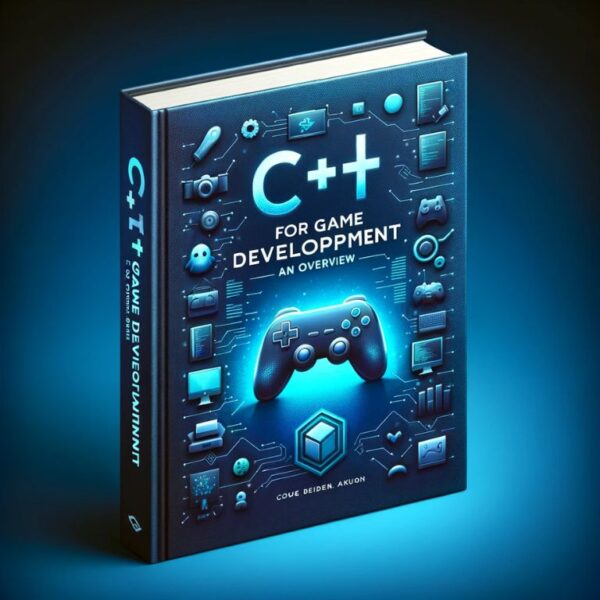The landscape of C++ has undergone significant transformations, especially with the introduction of modern standards like C++11, C++14, and C++17. These changes reflect an evolution aimed at making the language more user-friendly, efficient, and powerful, while retaining its core ethos of being a high-performance system programming language. The Evolution of Modern C++ Modern C++ is […]
C++ in Scientific Computing: Unleashing Efficiency and Precision
Introduction to C++ in Scientific Computing The integration of C++ in the realm of scientific computing has been a transformative journey, showcasing the language’s robust capabilities and adaptability in addressing complex computational challenges. From simulating astronomical phenomena to modeling molecular structures, C++ has emerged as a crucial tool in scientific research, offering unmatched efficiency and […]
Mastering Data Structures and Algorithms in C++: A Comprehensive Guide
Introduction to Data Structures and Algorithms in C++ C++ stands as a cornerstone in the world of programming, renowned for its efficiency and control over system resources. At the heart of this powerful language lies the implementation of data structures and algorithms, which are critical for developing robust and efficient software solutions. The Role of […]
Exploring Multithreading and Concurrency in C++: A Comprehensive Guide
Introduction to Multithreading and Concurrency The realm of software development is ever-evolving, and with the advent of multi-core processors, understanding multithreading and concurrency has become essential for C++ programmers. This section will provide a comprehensive introduction to these concepts, elucidating their significance in modern C++ programming. What are Multithreading and Concurrency? Multithreading refers to the […]
Harnessing the Power of C++ for Robust Database Connectivity
Introduction to Database Connectivity in C++ The integration of databases in C++ applications represents a fundamental aspect of modern software engineering. This synergy allows programs to store, retrieve, and manipulate data with high efficiency, supporting a wide range of applications from small desktop programs to large-scale enterprise systems. The Role of Databases in C++ Applications […]
C++ for Game Development: An Overview
Introduction to C++ in Game Development C++ stands as a cornerstone in game development, renowned for its efficiency, power, and adaptability. Developed as an extension of the C language, it has evolved to include features like the Standard Template Library (STL) and object-oriented capabilities, enhancing its suitability for complex and performance-intensive applications like video games. […]
Memory Management in C++
Introduction to Memory Management in C++ Memory management is an integral part of programming in C++, holding significant influence over the efficiency and stability of software applications. At its core, memory management in C++ revolves around the allocation, use, and deallocation of memory within a program. This process is crucial because improper memory management can […]
Modern C++ Features: C++11, C++14, and Beyond
Introduction to Modern C++ C++’s evolution, a language synonymous with efficiency and power, took a significant leap with the introduction of C++11. This milestone, often hailed as ‘Modern C++’, marked a paradigm shift in the language’s development. Originating in the 1980s as an extension of the C language, C++ established itself as a preferred choice […]
How to Start Programming: A Beginner’s Guide
Programming, often referred to as coding, is the process of creating instructions that tell computers how to perform tasks. It’s akin to writing a recipe for a computer to follow. Just like a recipe can instruct you to bake a cake, a program instructs a computer to perform tasks like calculating numbers, storing information, or […]
Building GUI Applications with Qt and C++
Introduction to Qt and C++ for GUI Development In the realm of software development, the importance of Graphical User Interface (GUI) design cannot be overstated. It plays a pivotal role in the user experience, dictating how users interact with a digital product. Among the plethora of tools available for GUI development, Qt, coupled with C++, […]










